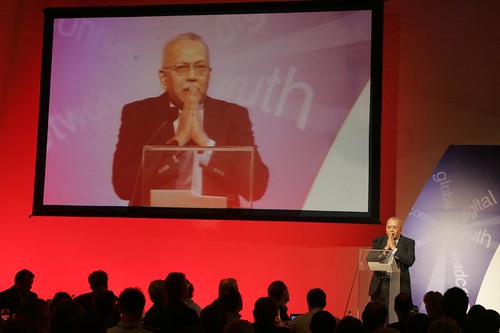South Africa’s retail forex industry is entering a decisive phase as regulation tightens and consolidation accelerates. What does it mean for brokers and traders?
What is the big deal about Big Data in marketing?
Big Data. The term that everyone seems to be throwing around at the moment. CIOs are using it, COOs are using it, even the…
How to tell if your business really needs an SEO retainer
If you want your organisation to succeed in today’s digital landscape, you need to ensure that your website is easily found on search engines,…
Meaningful social measurement: a lesson from the underpants gnomes
There’s an episode of South Park where the boys go looking for the underpants gnomes, magical little creatures who sneak into your drawers at…
Fighting iSheep and Samsung fans: take a look at the new Windows Phone ad
Mocking your competitors to sell your own product is nothing new — after all, Samsung’s been poking fun at iPhone users and BlackBerry devotees…

 Have a look at this Google “heat map” that I took from
Have a look at this Google “heat map” that I took from  Nitin Desai, Special Advisor to the Secretary General of the United Nations, had a few original words to say on the new wave of “We Media” sweeping the globe. He says that the key challenge – and this is the original part of what he said – is that we face a challenge in finding a business model that can combine the professionalism of the traditional, established media (fact checking; sources; trained journalists; ethics codes and training etc etc) with what we have on the web – the power of collaborative communities, citizen journalism, blogs, collective intelligence, number power etc etc…
Nitin Desai, Special Advisor to the Secretary General of the United Nations, had a few original words to say on the new wave of “We Media” sweeping the globe. He says that the key challenge – and this is the original part of what he said – is that we face a challenge in finding a business model that can combine the professionalism of the traditional, established media (fact checking; sources; trained journalists; ethics codes and training etc etc) with what we have on the web – the power of collaborative communities, citizen journalism, blogs, collective intelligence, number power etc etc…